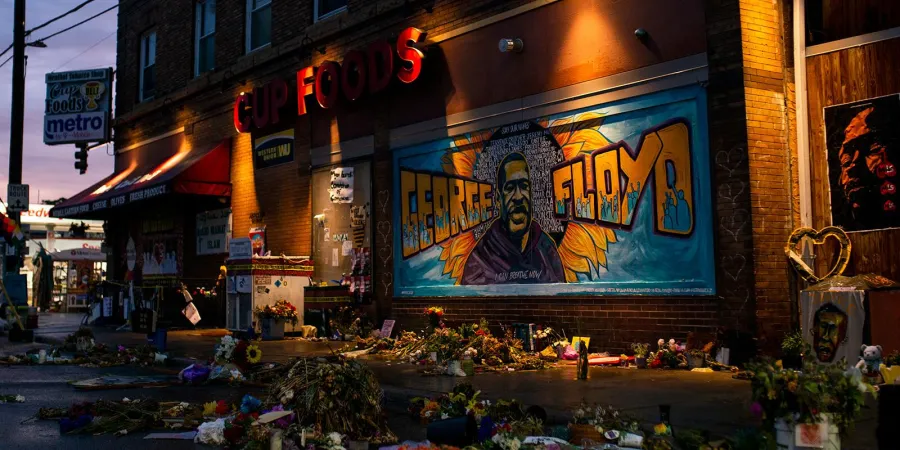AFSCME commits to landmark policing and criminal justice reforms

Delegates to the AFSCME 44th International Convention adopted a landmark resolution that reaffirms our union’s support for collective bargaining and due process rights for public safety officers and advocates a range of reforms aimed at combating racism.
Delegates constitute the highest governance body within the union, which represents approximately 90,000 law enforcement and public safety officers.
“AFSCME’s storied history of fighting for civil rights and economic justice continues with this big step forward to combat racism while protecting the rights and freedoms of all working people – including law enforcement and public safety officers – to join a union and gain the due process rights that come with it,” AFSCME President Lee Saunders said in a press release.
Among the key reforms in the resolution:
- AFSCME will advocate for federal funding to create a civilian corps of unarmed first responders such as social workers, EMTs, and trained mental health professionals, who can work in partnership with police officers and handle nonviolent emergencies including order maintenance violations, mental health emergencies, and low-level conflicts outside the criminal justice system, thereby freeing police officers to concentrate on the most serious crimes. These partnerships can work to de-escalate interactions with the public and when appropriate, divert individuals to the social services they need;
- AFSCME does not support divestment from public services, including policing. AFSCME demands more funding for education, behavioral health, housing, social services, public facilities, and other programs and services which enhance the safety and well-being of the public. The setting of budget priorities and the proper allocation or reallocation of resources devoted to public safety should be decided at the community level, given each community’s unique circumstances, size and need and with due regard for the vital role played by the civilian employees who support public safety operations. AFSCME believes communities can benefit from having police responsibilities more tightly focused on public safety and criminal activity rather than being asked to perform duties unrelated to public safety such as health and social services;
- Responsibility for investigating serious police misconduct involving use of force should be shifted from police departments and local prosecutors to impartial individuals who do not work as closely with the officers or department in question. In some cases, as in Minnesota, that may be state attorneys general;
- AFSCME supports a national database to prevent officers who have been removed from employment or who have resigned while facing allegations of flagrant misconduct from being reemployed by another law enforcement agency. State certification agencies should act swiftly on decertification referrals in these cases;
- Chokeholds should be banned and use of force deployed only when no reasonably effective alternative exists. Clear use of force standards should be developed, and officers should be trained in their implementation. Officers should be obligated to intervene to stop or prevent unnecessary or excessive use of force by another officer;
- The federal government should stop militarizing police presence on the streets and substantially reduce funding for programs that militarize public safety. The federal government must redouble its efforts to keep law enforcement officers safe by providing body armor and public safety agencies remain responsible for adequately equipping officers so they may keep themselves and the public safe. AFSCME condemns President Trump’s misuse of the National Guard and militarization of federal law enforcement agencies against civilians protesting in the wake of George Floyd’s murder.
The resolution, which was adopted Thursday, builds on AFSCME’s work to achieve racial justice while shoring up public safety. Those efforts include a resolution the union adopted at its 2016 convention to bridge the gap between the public safety officers and the communities in which they live and work.
Delegates in this year’s convention also passed a resolution on racial justice that recommits the union to confronting and rooting out systemic racism.
“We look forward to working with leaders and employers across the country to implement these reforms to heal our communities, prevent violence against Black Americans and ensure that the memory of George Floyd, Breonna Taylor, and so many more lives on,” Saunders said.
